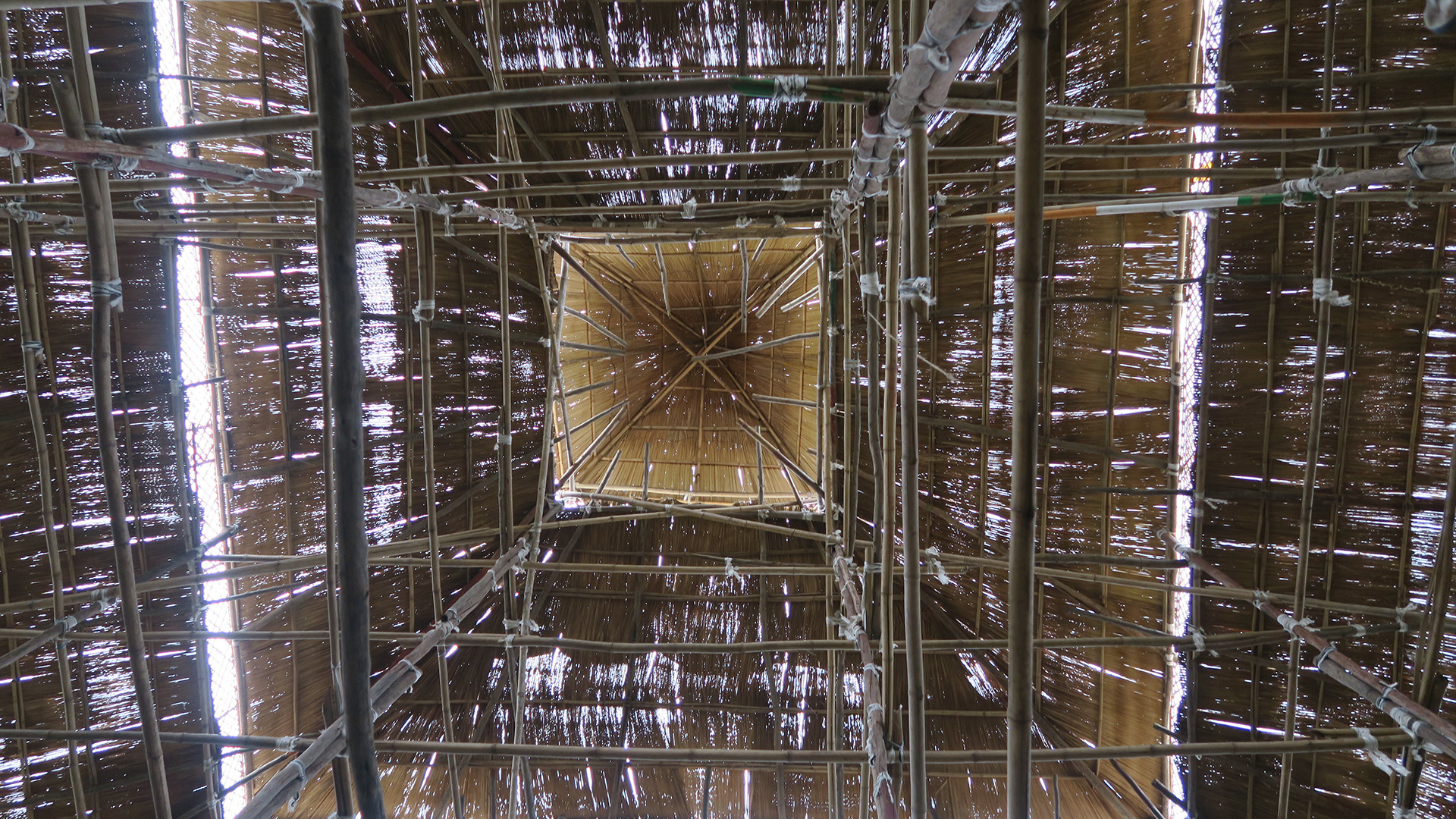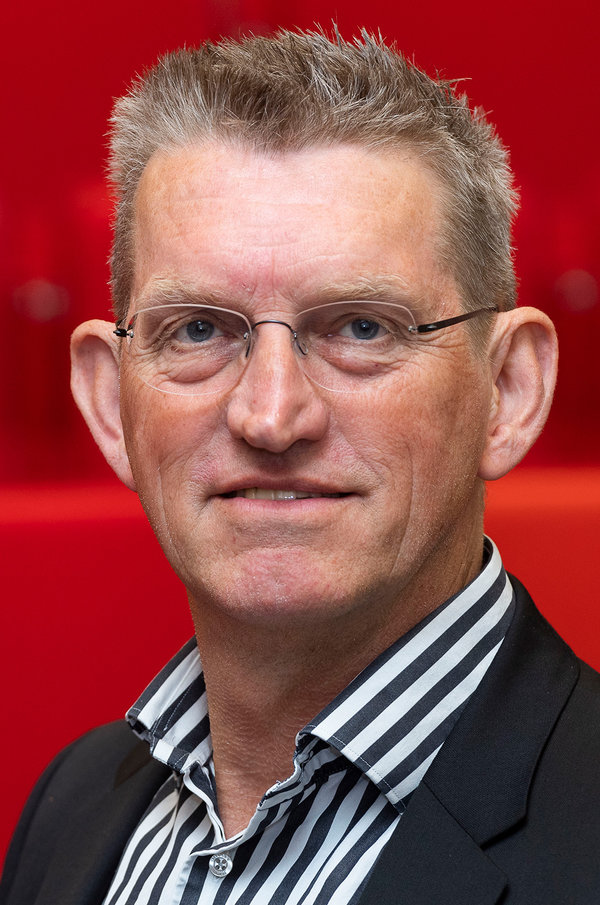Construction Cultures
The societal challenges of climate change, energy transition, urbanisation, mobility and care for the elderly require a high-quality Dutch construction and infrastructure sector. This sector must offer solutions for the necessary transition to a climate-adaptive and future-proof built environment. To support this transition, the development and application of organisational scientific knowledge in the field of collaboration and change is crucial.
This requires revolutionary (organisational) changes in the construction and infrastructure sector (Wientjes, 2017). These changes affect the roles, competencies and execution practices of (public) clients, architects, structural engineers, engineering firms, and contractors. For example, the ambition to realise buildings on the basis of circular construction requires new building processes, other suppliers of raw materials, and smarter chain collaboration (Zuidema, 2018). The design of energy-efficient, smart buildings also requires new collaboration between architects, structural engineers, IT platform managers and banks in order to shape the energy transition.
(Public) clients, architects, constructors, engineering firms and contractors in the construction and infrastructure sector recognise the need for changing collaboration to achieve a climate adaptive and future-proof built environment. Innovative collaboration is sometimes realised in pilot projects and experiments, but this rarely results in structural cultural change in the construction sector (Van Marrewijk et al., 2014). Even initiatives with broad support, such as the Dutch Building Agenda (Bouwagenda), change the day-to-day implementation practices only sparingly. In order to achieve true renewal in the construction sector, it is not enough to say 'we're just going to do it' (Nijhof et al., 2008).
Successfully realising organisational changes in the construction sector is challenging and as of yet not well understood (Cropper and Palmer, 2008; Nijhof et al., 2008). The construction of the built environment is characterised by ingrained practices of collaboration (Sminia, 2011) and a strong fragmentation of the construction process, with a large number of partners, in which responsibilities are unclear (Jones and Lichtenstein, 2008). For example, the Dutch Safety Board observes that the sector is 'not yet sufficiently successful in organising the design and execution process in such a way that safety risks are properly managed' (Joustra et al., 2018: 7). The report speaks of the need to develop a 'learning culture' in the construction sector. In order to support the transition to a high-quality Dutch construction and infrastructure sector, it is therefore necessary to develop and apply crucial organisational knowledge in the field of cooperation and change in the sector.
Collaboration
This chair is made possible by Bouwend Nederland. The research questions arise from problems experienced in practice. The answers are often developed in collaboration, among others with colleagues Management in the Buil Environment at the Faculty of Architecture and the Built Environment and the Faculty of Civil Engineering and Geosciences, as well as colleagues from Erasmus University

